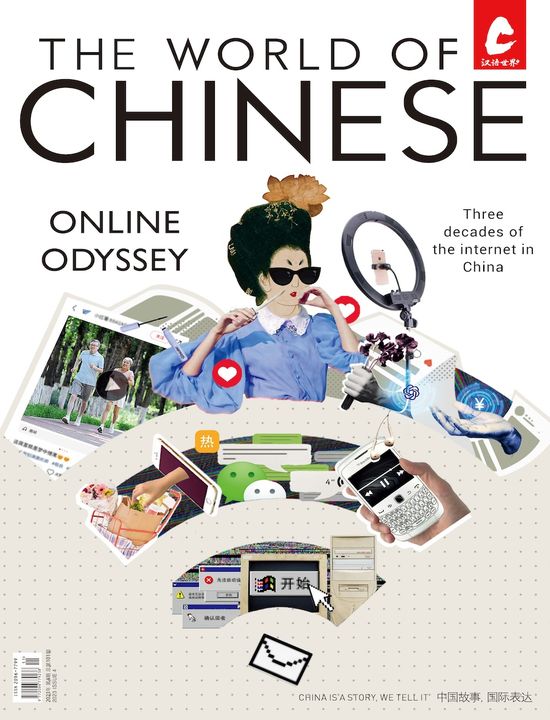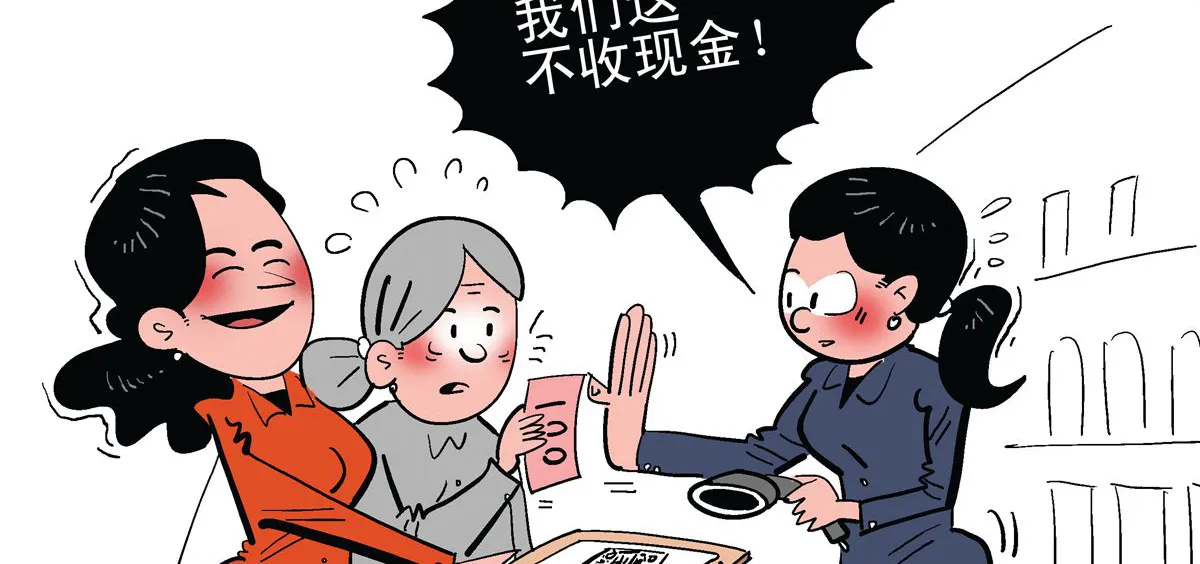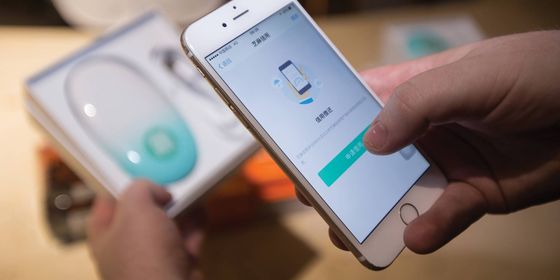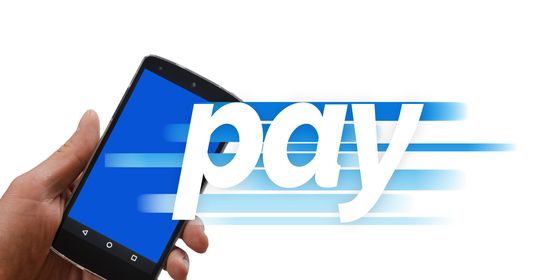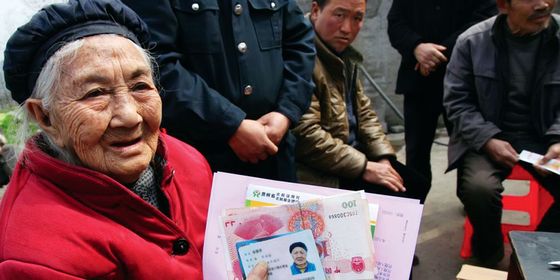The limits to mobile payment systems
Walk down any Chinese street, and it becomes difficult to imagine life without mobile payment. Like the tunes of a street musician? There’s a QR code for transferring him money. Want to buy a pancake from a street cart? There’s a code for that, too. Even beggars tote laminated cards with QR codes, asking for money transfers instead of bills.
China’s mobile payment market is dominated by two companies, Tencent’s WeChat Pay and Ant Financial’s Alipay (spun off from conglomerate Alibaba), both with hundreds of millions of active users. Though heralded for making life simpler, village bank officer Dou Benbin says that there are limits to these systems. “They can only be used when linked to a pre-existing bank account,” he explained. For those without, or who have difficulty just navigating an ATM, WeChat Pay and Alipay can be daunting. “I am too old to understand these complicated tools,” senior Tan Aiguo told TWOC. “Besides, my phone is too old to support such applications.”
It’s not just the elderly. When a drunk passenger in Guangzhou accidentally transferred 32,080 RMB to his taxi driver, the cabbie was honest enough to seek him out and refund the money. Others have not been so lucky, and Chinese media is full of stories of mistaken transfers in which the unintended recipients keep the cash and blacklist the senders. The platforms offer little legal assistance, and plaintiffs face an expensive and lengthy court procedure if they want to see their money again.
According to Dou, mobile payment systems are likely to come under more government scrutiny due to money laundering, underground credit schemes, gambling, and legal challenges that have arisen. While there seems little doubt that China is already well on its way to becoming a cashless society, some question this seemingly inevitable trajectory: Earlier this year, the plight of a 67-year-old man from Heilongjiang province went viral when he was unable to buy grapes at a supermarket with cash. He went on a lengthy tirade, saying that he felt humiliated by staff because he did not know how to use mobile payments. Many are realizing that the digital conveniences they enjoy can be elusive to those less fortunate—not least the government, which has launched advertising campaigns warning that the renminbi is China’s national currency and refusing cash is illegal.
QR Woes is a story from our issue, “Curiosities and Quests.” To read the entire issue, become a subscriber and receive the full magazine. Alternatively, you can purchase the digital version from the App Store.
